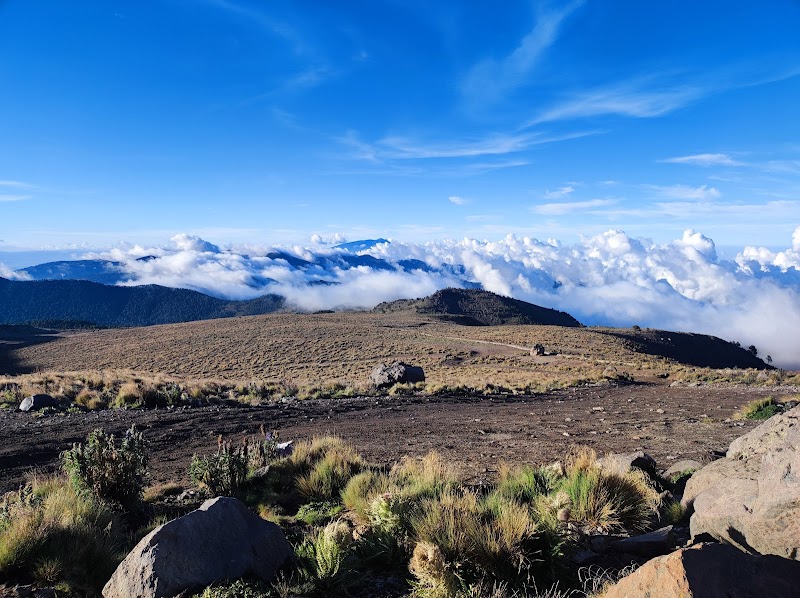
Tehuacán Natural Reserve Adventures
Tehuacán Natural Reserve is a protected area known for its remarkable desert and semi-arid ecosystems, offering visitors unique opportunities to explore diverse cacti species and ancient archaeological sites.
About Tehuacán Natural Reserve

Located primarily in the states of Puebla and Oaxaca, the Tehuacán Natural Reserve spans a significant portion of the Tehuacán-Cuicatlán Valley, a UNESCO Biosphere Reserve recognized for its exceptional biological and cultural significance. The terrain features arid and semi-arid landscapes marked by rugged hills, deep canyons, and dry riverbeds. This reserve is one of the most important centers for cacti diversity in the world, where over 300 species of cacti and succulent plants thrive, including many endemic and rare species. The region's biodiversity extends beyond plants, housing a variety of reptiles, birds, and mammals adapted to the dry climate. Historically, this area holds archeological sites that reveal the early domestication of maize and other crops, offering insight into ancient Mesoamerican cultures. Visitors to the Tehuacán Natural Reserve can enjoy hiking through scenic trails, guided tours to learn about its botanic riches, birdwatching, and exploring archaeological ruins. Local communities maintain traditional ways of life and farming, adding cultural depth to the visitor experience. The reserve’s dry climate and unique landscape attract researchers and eco-tourists interested in desert ecology and conservation. Its notable landmarks include the Barranca de los Pilares and the ruins of Cuicatlán as well as scenic viewpoints overlooking the expansive valley. Overall, the Tehuacán Natural Reserve provides an unparalleled destination for those interested in natural history, desert flora, and indigenous heritage, paired with opportunities for outdoor adventure and discovery.
Highlights
Vast diversity of cactus species including the endemic Echinocactus platyacanthus
Archaeological sites showing early agricultural development in Mesoamerica
Barranca de los Pilares, a striking canyon offering panoramic views
Birdwatching hotspots with species like the military macaw and peregrine falcon
Notable Natural Features
Tehuacán-Cuicatlán Biosphere Reserve
A UNESCO-recognized area encompassing diverse ecosystems and key conservation zones within the Natural Reserve.
Archaeological Ruins of Cuicatlán
Ancient settlements revealing early agricultural practices and Mesoamerican history.
Barranca de los Pilares
A dramatic canyon and scenic viewpoint with exceptional geological and photographic appeal.
